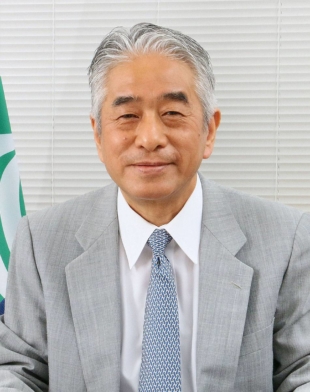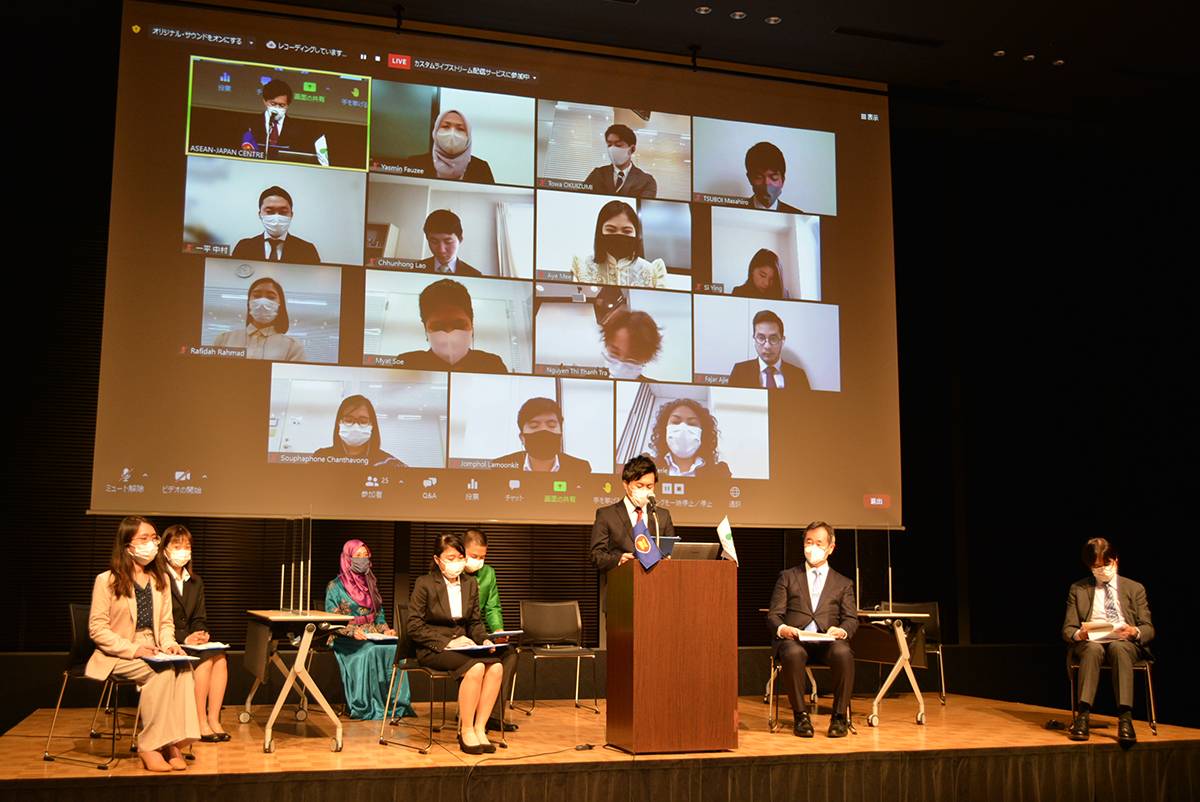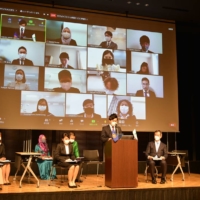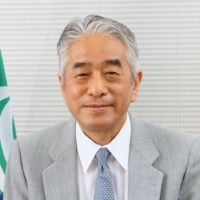Since its establishment in 1981, the ASEAN-Japan Centre (AJC) has been working to strengthen economic partnerships between Association of Southeast Asian Nation member states and Japan in the areas of trade, investment and tourism, as well as promoting exchanges of people between the members and Japan. This year, the AJC is celebrating its 40th anniversary.
Looking back on the past four decades, nowhere in the world has grown as dynamically as the ASEAN region. In the early 1980s when the AJC was established, the economic situation in the region was unstable, and the formal relationship between ASEAN and Japan had just begun with little information available on each of the member states. At that time, the AJC began its journey to serve as a bridge between Japan and ASEAN for building “heart-to-heart” relationships and working as equal partners. Back then, the gross domestic product of the 10 states combined was one-tenth of Japan’s. That has since expanded to more than half of Japan’s GDP and is expected to surpass that mark within a decade.

Along with the development of ASEAN-Japan relations, the AJC itself has evolved with the times. Now most of the AJC’s activities are chosen with a more regionwide and multidisciplinary approach, while conducted in an integrated way that combines capacity-building and policy work. Moreover, the AJC has mainstreamed the U.N.’s sustainable development goals (SDGs) for all activities and produced a number of substantive publications on global value chains, services trade, nonequity modes of trade, SDG investment and more. Some of the findings and policy recommendations in those publications have been presented at official ASEAN meetings.
Action on marine plastic
Adapting to the changes over time, the AJC has been able to better cater to the diplomatic initiatives and new challenges of ASEAN and Japan. One of the new AJC projects implemented since last year focuses on marine plastic waste, backing the joint statement of the 23rd Japan-ASEAN-Japan Summit on Cooperation on ASEAN Outlook on the Indo-Pacific issued on Nov. 12. That document lists marine waste as a possible area for cooperation under the ASEAN-Japan Strategic Partnership.
Last year, the AJC launched a program titled Future Leaders’ Declaration on ASEAN-Japan Cooperation for International Marine Plastic Waste, which aimed to improve students’ understanding of of the main challenges in addressing the issue.
This year, the AJC will start a pilot program titled Hiroshima ASEAN Eco School that allows some of the students who participated in last year’s program to host a lecture and forum on marine plastic waste together with elementary and high school students from Hiroshima Prefecture and ASEAN members.
ASEAN’s 54th anniversary
On Aug. 27, the AJC will host its annual ASEAN Anniversary Symposium to commemorate the trade bloc’s 54th anniversary, bringing together its stakeholders, and Japan’s public and private sectors to discuss the cost of its globalization. This year’s symposium will be organized under the theme of ASEAN Economic and Social Regional Integration in the “New Normal.”
ASEAN Secretariat Secretary-General H.E. Lim Jock Hoi will join for greetings, and Adams University’s Eric S. Maskin, winner of the 2007 Nobel Memorial Prize in Economic Sciences, who is also a professor of economics and mathematics at Harvard, will deliver the keynote speech. The symposium is open to anyone interested in ASEAN and registration is free.
ASEAN has experienced a number of milestone events in recent years. In 2015, the ASEAN Community was established. In 2017, ASEAN celebrated its 50th anniversary. In 2020, the Regional Comprehensive Economic Partnership was signed and is now expected to take effect later this year. And in 2023, Japan and ASEAN will mark the 50th anniversary of establishing relations. These jubilant events surrounding AJC’s 40th anniversary mark our continuing efforts to overcome new challenges and further the partnership between ASEAN and Japan.
Download the PDF of this ASEAN special





